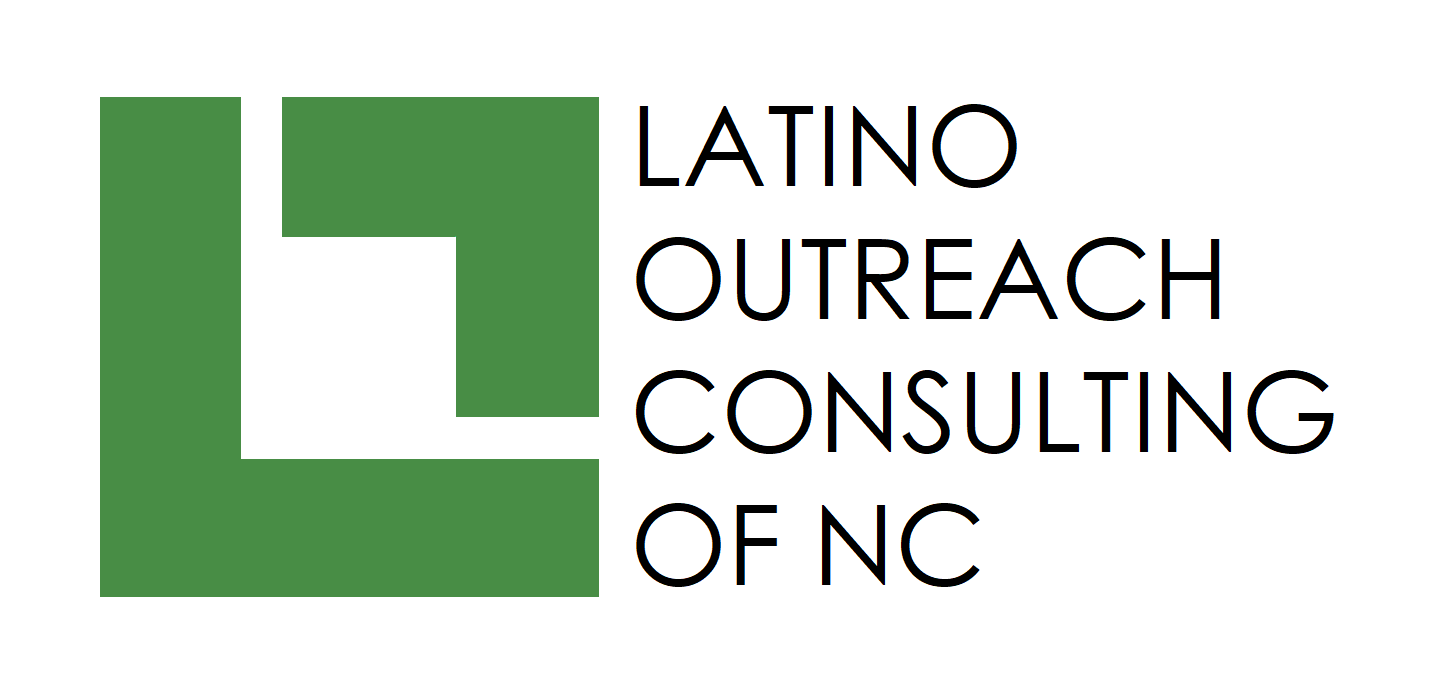The Key to Title VI Compliance: Effective Communication
Effective Communication
Title VI of the Civil Rights Act of 1964 requires that agencies that receive federal assistance must provide meaningful access to services to all, regardless or race, color, and national origin, which includes individuals with limited English skills.
In North Carolina, doctors, hospitals, HMO’s, nursing homes, social service agencies, local and state government offices, and non-profits are among the types of agencies that Title VI affects.
Understanding what compliance means will help these agencies meet basic Title VI Compliance requirements.
What Title VI compliance means:
- Identifying and assessing the language needs of clients
- Providing oral language assistance options
- Notifying Limited English Proficient (LEP) persons their right to an interpreter
- Staff training
- Translation of documents
The key to complying with Title VI, according to a Guidance published by the Office of Civil Rights, is “effective communication.”
The key to Title VI compliance:
The key to Title VI compliance is not only communication, but effective communication.
For example, if you are a doctor, and you have frequent contact with Spanish speaking individuals you must, (at minimum) provide oral interpretation services. You may choose to accomplish this by:
- Hiring bilingual staff
- Hiring staff interpreters
- Hiring contract interpreters
- Using community volunteers
- Contracting an over-the-telephone interpreting service.
NOTE: It is a violation of federal law to require LEP individuals to provide their own interpreters. An agency that is subject to Title VI MUST inform of individuals of their right to an interpreter, free of charge.
Complying with Title VI can appear to be a daunting task. However, it would be helpful to understand the four factors that the Department of Justice takes into consideration when determining the extent to which an agency is required to go in order to comply with Title VI.
